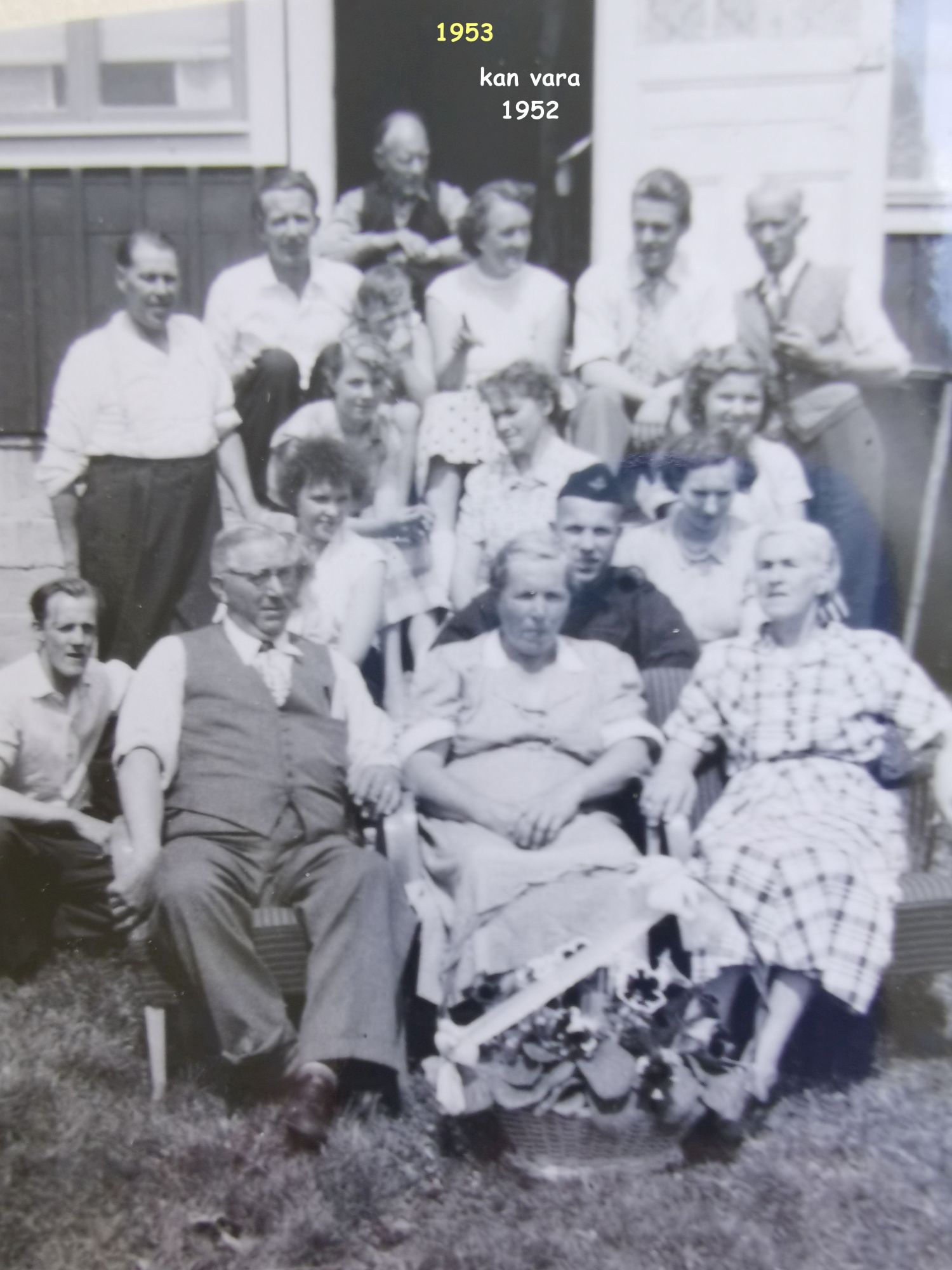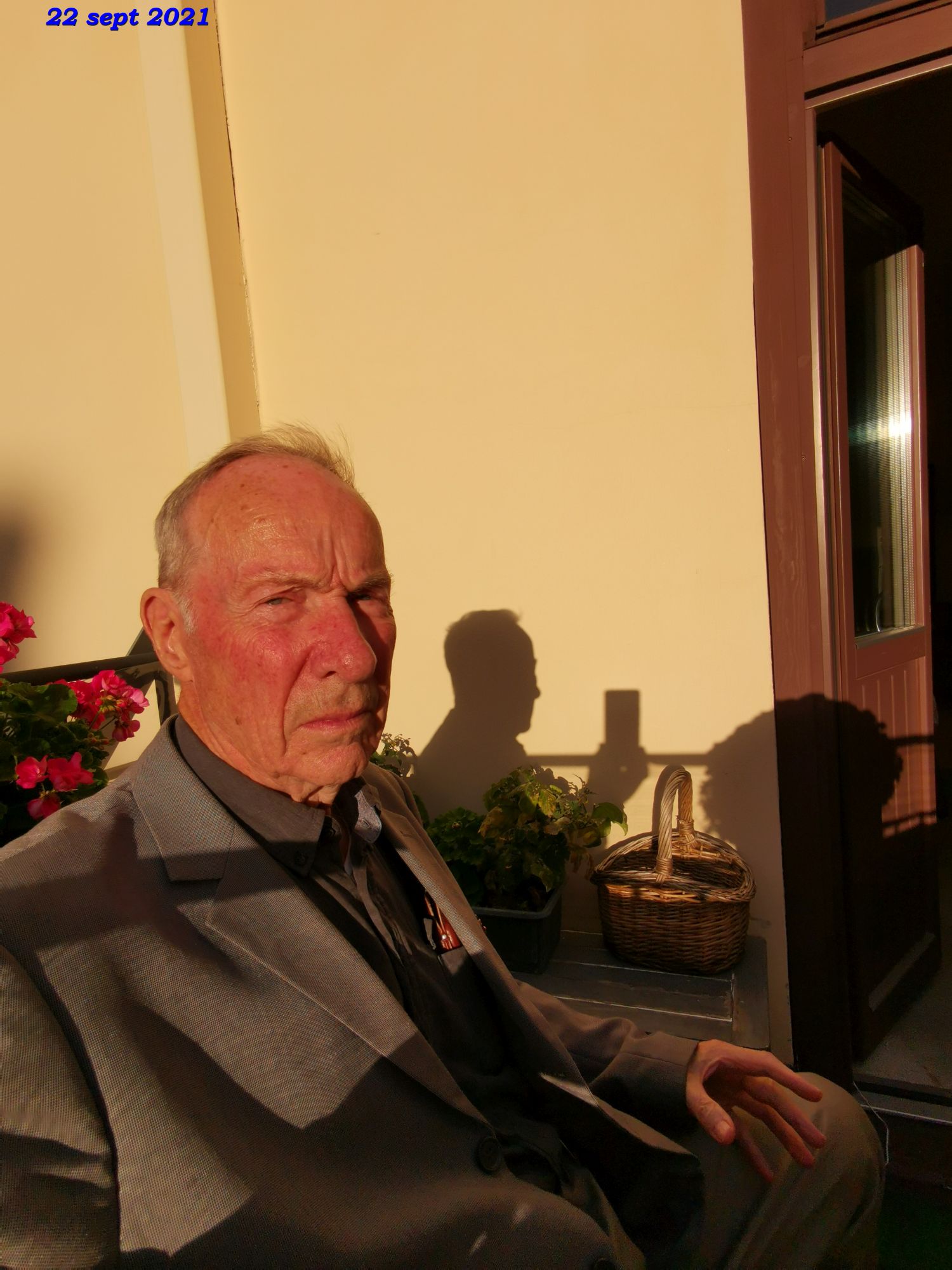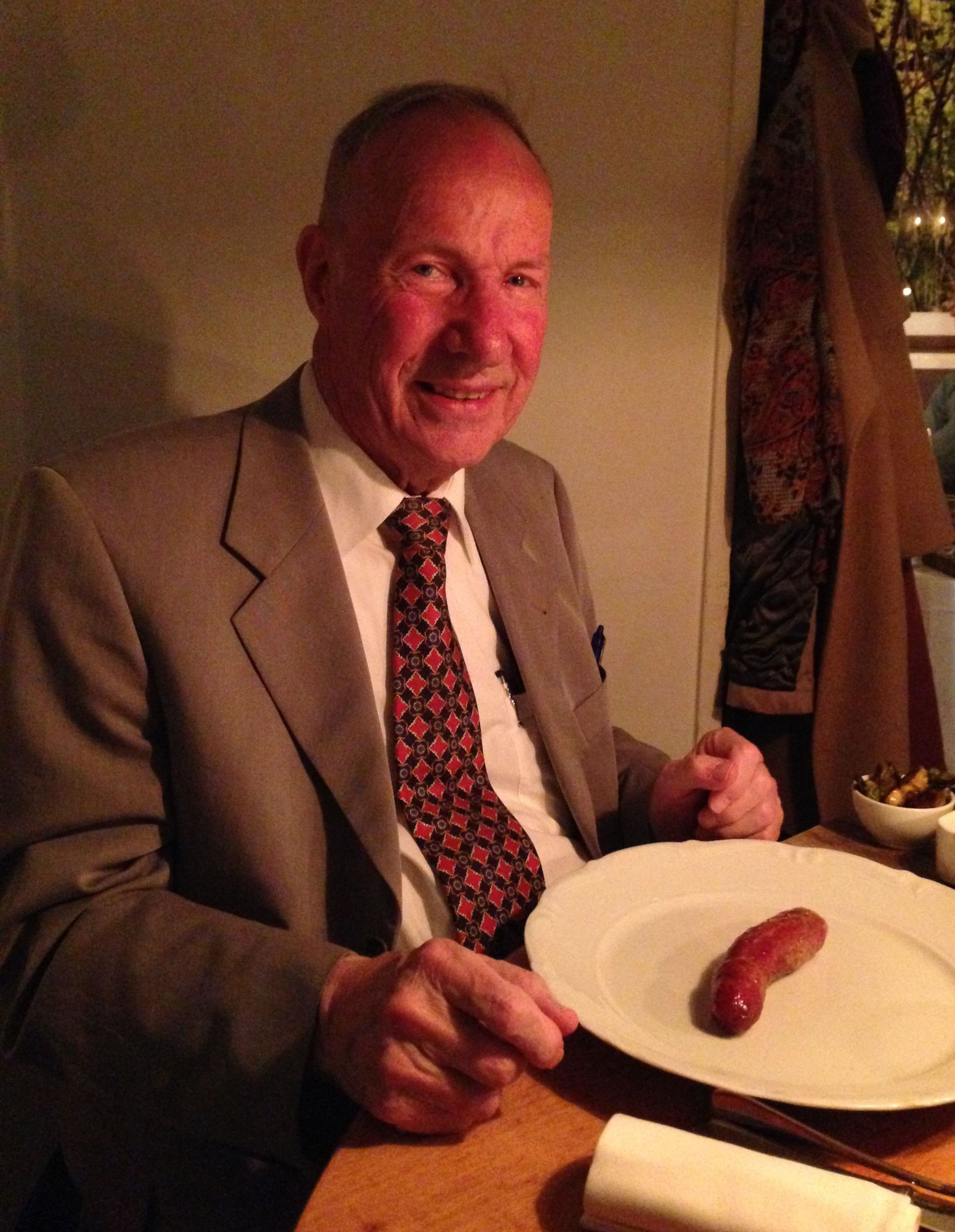
den vida bilden tagen aftonen den 5 juni med 'wide set'

Turpan Grapes Are Ripe
De vackra bilderna i videon
är från
Turpan-depressionen,
närmare bestämt N 43° 00' 45" E 89° 14'
52".

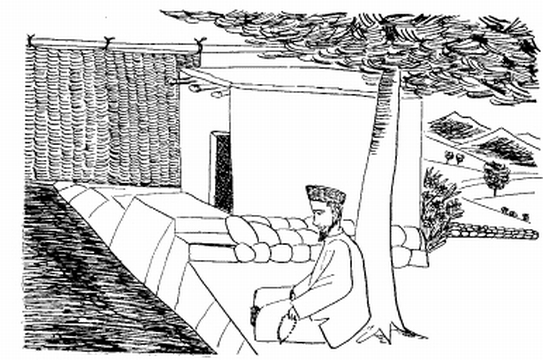

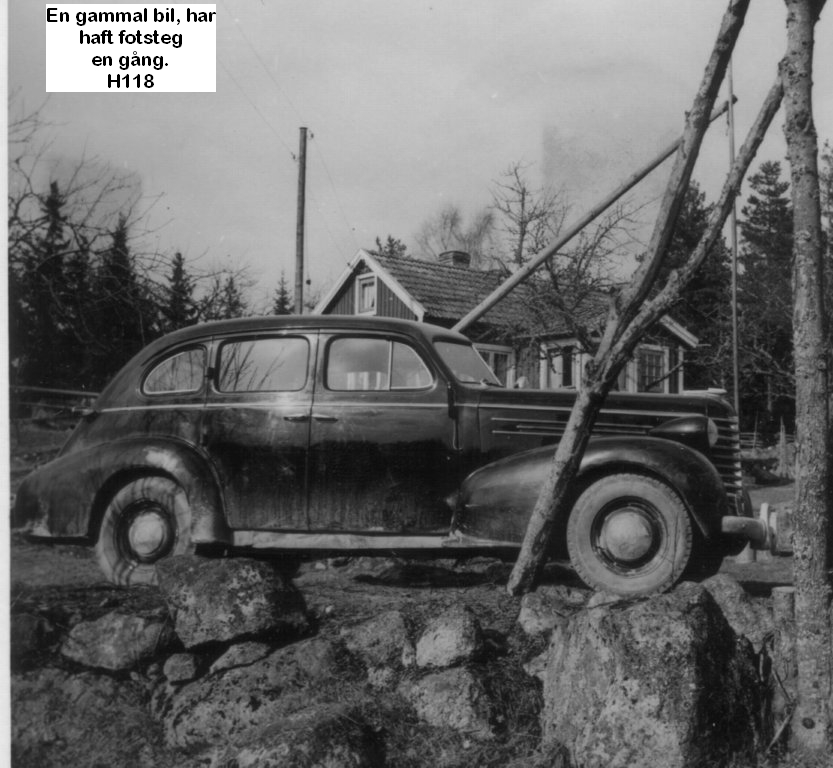
Oldsmobile 1937, H 118, fotograferad vid brunnen 1954 (evt
tidig vår 1955)

Harry Belafonte sjunger 'Jamaica farewell' ORIGINAL FILM

Thomas Piketty
And it's the crucial question of legitimacy--the very heart of governance--that forcefully links Piketty to Orwell.
So here we've reached the heart of my topic. As Fukuyama deeply understands, the very survival of a political system or government depend on its legitimacy in the eyes of enough of its citizens. Crucially, not all of its citizens, indeed not even a majority, but enough citizens wielding the means of force and control to keep the doubters of its legitimacy in line. Hitler, as Fukuyama for example notes, was never elected by a majority, and probably never even freely supported by one. Little matter; the millions of Nazi supporters he did have were able to acquire near-monopoly of the means of force and control in German society, with the lethal consequences known to history.
The complacent, misguided souls who cowishly nod their heads to Sinclair Lewis's famous title statement "It Can't Happen Here" probably fail to grasp that fascists' required legitimacy is a minority matter; they certainly fail to grasp that Lewis himself believed it could. The it of course being U.S. fascism--and I believe it's not only possible, but largely in place, and inevitable if we don't soon change course.
Why? This is where Piketty's strongly argued thesis about the nature of capitalism meets the brutal rubber of Orwell's fascist road. See, Piketty's central thesis is that the very nature of capitalism, because rewards to capital owners normally accumulate faster than general economic growth, is to produce oligarchic societies. Unless, says Piketty, extraordinary circumstances or government intervention--like high taxes--bring the rewards to capital in line with everyone else's benefits from the economy. Now, the extraordinary circumstances, like world wars, are hardly desirable, and even depend for much of their effect on giving society a compelling rationale to tax the very rich. But as Piketty is keenly aware, extraordinary circumstances are by definition rare, and barring them, capital-owning oligarchs possess powerful means for thwarting government correctives to natural capitalist inequality. Like, say, buying the governments that would implement those correctives. Which clearly describes our current U.S. predicament--especially after the Supreme Court, itself an oligarchs' plaything, has made buying our government infinitely easier.
So where does Orwell come in? The quick-and-dirty answer is, in vividly detailing the thoroughly modern, technology-based methods by which a tiny minority, hell-bent on exploiting a majority, recruits a critical mass of supporters (only a minority--though of millions--is needed) to keep the exploited majority at bay. In other words, as the word supporters clearly implies, the tiny minority (in our case, capitalist oligarchs) recruits just enough people who believe the exploitative governance of a majority by a capitalist minority is legitimate. And uses those millions of recruits to hold the exploited majority in terror. For once the majority gradually awakens to the illegitimacy of their exploitation by a handful of oligarchs, only a sizable minority (say, millions) of brainwashed or paid-off recruits wielding powerful modern weaponry, can keep the awakening majority from turning on the oligarchs. In other words, only a fascist government--one that recruits by technologies of propaganda and reigns by technologies of terror--can ultimately serve the aims of modern oligarchs.

"Sometimes people don't want to hear the truth because they don't want their illusions destroyed."
Friedrich Nietzsche



Det eviga.
Väl formar den starke med svärdet sin värld,
Väl flyga som örnar hans rykten;
Men någon gång brytes det vandrande svärd
Och örnarna fällas i flykten.
Vad våldet må skapa är vanskligt och kort,
Det dör som en stormvind i öknen bort.

Esaias Tegnér 1810
Bedömning
Man ser inte genast skillnad
på småsten och gråsparvar
i den nysådda åkern.
Några flyger och sätter sig i
nypontörnet
— de är gråsparvar.
Andra blir kvar och trippar i åkern
— de är också gråsparvar.
Andra återigen ligger stilla kvar i åkern
— de är troligen stenar.
Ur Dess kropp av verklighet 1979
Anna Rydstedt, Öländsk diktare (1928 - 1994)
